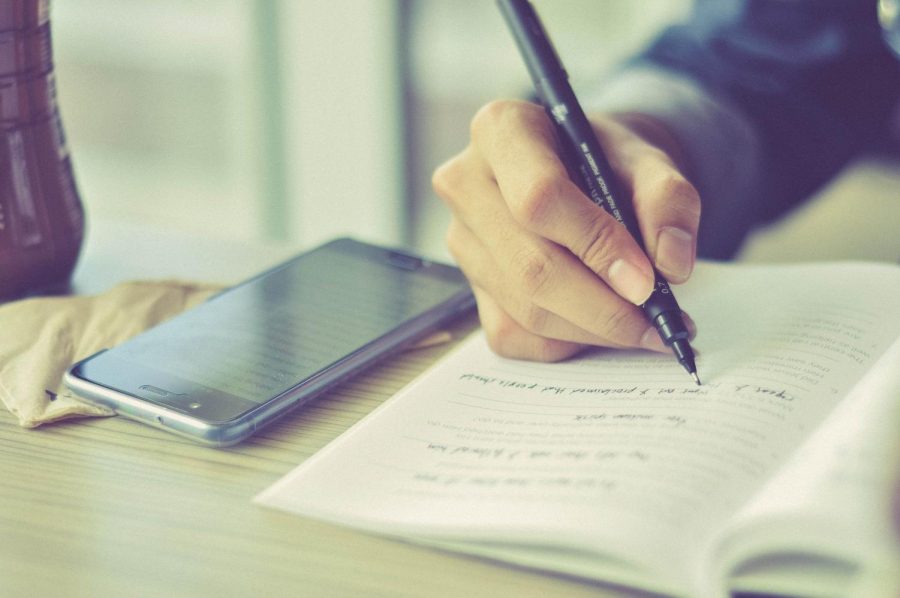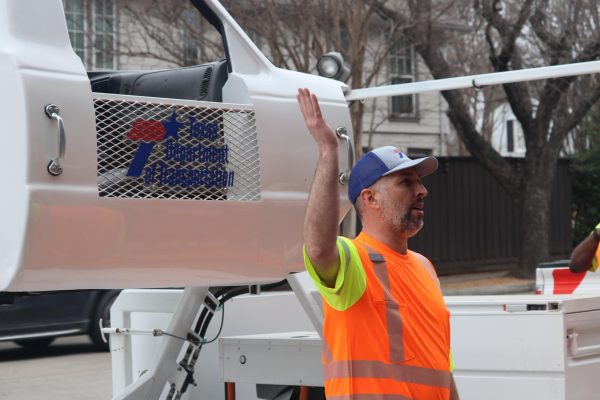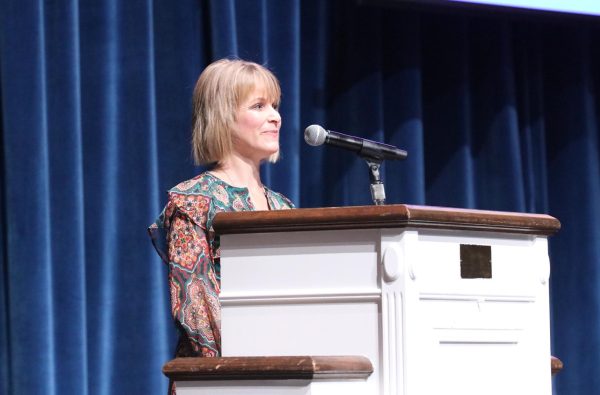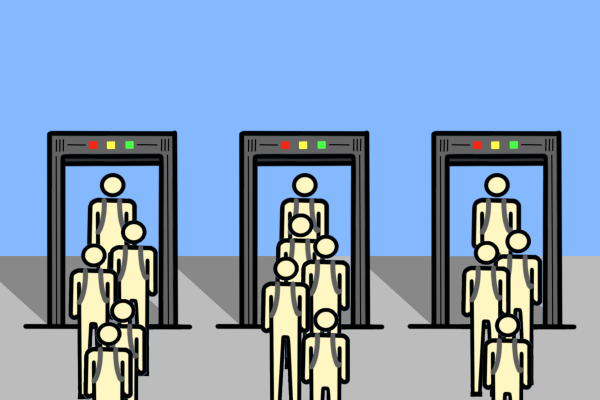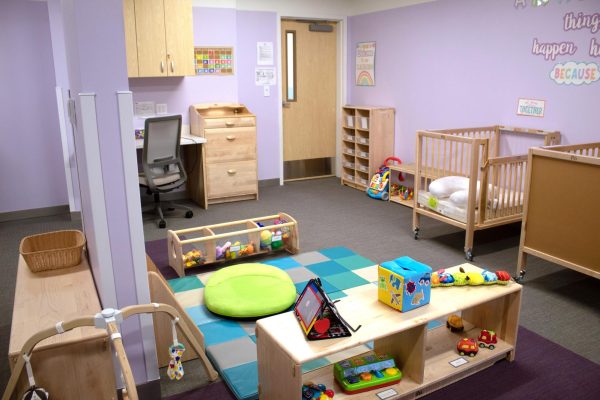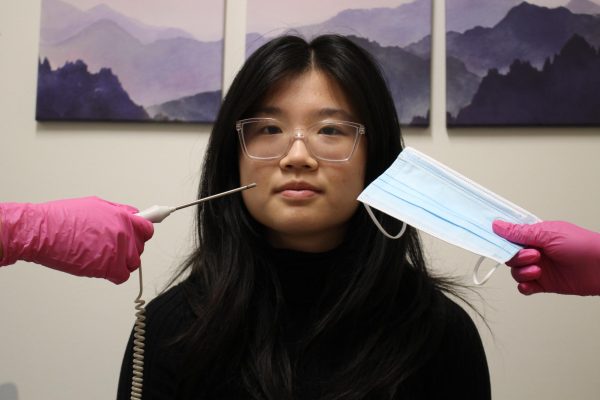Restricting screens
How teachers are facing cell phones in class
The various ways schools have handled cell phone usage around American schools have been a desperate attempt to get their students’ mind on their work, not their screens. When teachers can no longer control their students’ usage of phones, strict measures are applied to attempt to resolve this issue. Numerous schools around HPISD and Dallas have also been struggling with this issue, and many have imposed rules upon the devices students use in their classes.
Examples of this can be seen within the high schools’ walls. According to the Kiltie, students can have cell phones “in their possession at school and school-related activities or events” and in class if given permission by a teacher. Some teachers instruct their students to place their phones in cell phone parking before class starts, and others allow students to keep their phones at their desks. In cases where the teacher places trust upon their students to resist checking their phones, students are more likely to disobey their teachers when their backs are turned.
“If there is an aspect of if the phone is associated with rebellion, which is at times popular with adolescents, they seem more more appealing to them for them to use their phones,” Sophomore Saif Saleh said. “If phones are kind of ignored, maybe the students will feel less inclined to use them because it is no longer part of that group of behaviors that is considered rebellious”
Students some anger and confusion when the middle school, tired of the repetitive whack-a-mole of phones in the classroom, banned phones for the entire school day. The student handbook urges students to leave their phones or other devices at home to eliminate “unnecessary distractions.” At the beginning of the day, all devices are stored in the morning until the end of the day. The handbook states that “no cell phone is to be on or visible in the building.”
“Taking that away completely is sort of like taking away a privilege, and some people are looking at it as a right as technology continues to progress,” Saleh said. “But, you are at school and you are there to learn, so you don’t really need your phone.”
Schools such as Jesuit, Hockaday and ESD all have similar opinions as the high school, with HPMS being the first to completely ban phones for the day. Though concerns have been expressed that this may be the first in a line of cell phone bans, these schools have shown no desire to change their policies.



